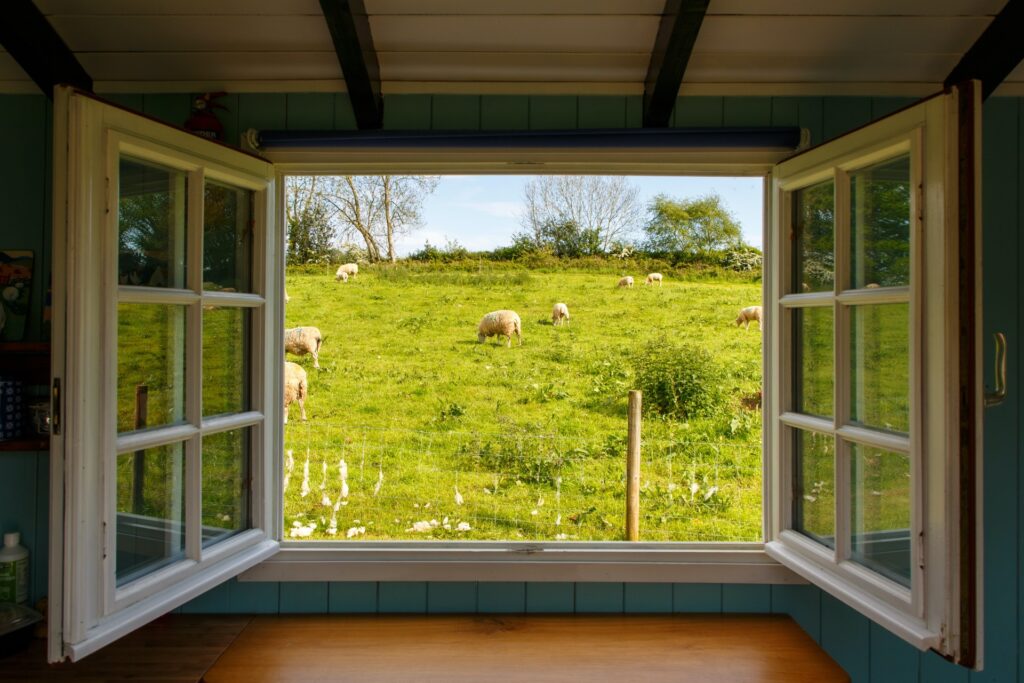It’s official: Today is the hottest day of the year. A new record temperature of 40.2C has been recorded at London’s Heathrow Airport, and sunny Yorkshire is soon set to see summer’s peak, pushing 41/42C.
“Urban heat islands” have a huge affect on the ambient temperature; that means those of you in Leeds, Bradford, Halifax, Harrogate and York will roast the most today and tonight. Our body temperature decreases by one to two degrees when we are sleeping, but the nightly temperature remaining so hot that it’s broken records over the last couple days may have thwarted your good night’s rest.
Many of you may have considered using a fan at night – but with rising energy prices, how much does it cost to run? Well according to Money Saving Expert, a big tower costs about 1.5p an hour. A large floor fan typically costs up to 3p an hour, so about 72p if you had to run it all day and night – which in this heat, might not be a bad idea.
Hydration and refraining from exercising outside is critical. With the ambient temperature being higher than your internal temperature, your blood pressure will be affected, causing the heart to beat faster, circulating twice as much blood per minute than on a normal day. Age UK has warned older people are more at risk from overheating and dehydration and has urged the public to check in on elderly friends or relatives.
Also, be careful of water safety if you are planning to go to the lakes or rivers to cool off this week. Yet for most of us who will be cooped up at home, here are some tips on keeping your house cool:

1. Let in cool air
UK homes are designed to keep in warm air.
To let in as much cold air as possible, open the windows overnight or, if concerned about safety, for a couple of hours in the early morning or before bed, when the air temperature is lowest.
2. Encourage airflow
Open windows on opposite sides of the home, to let hot air out and cold in – and any loft windows, as hot air rises.
In flats, which may have windows one side only, open the front-door and use a fan to encourage airflow.
3. Keep out hot air and direct sunlight
Before temperatures rise, close all windows, external doors, blinds and curtains.
University College London also advises moving away from windows to avoid direct heat.
4. Use a fan
Unlike in countries with frequent high temperatures, most UK homes have no air-conditioning.
To push cool air around the home, place a bowl of ice in front of an electric fan.
5. Limit hot activities
Avoid cooking for long periods and running electrical appliances that generate heat.
Heat exhaustion can also be brought on by high humidity – moisture in the air – so:
- Take shorter and colder showers
- Wipe excess water from surfaces
- Move indoor plants outside

